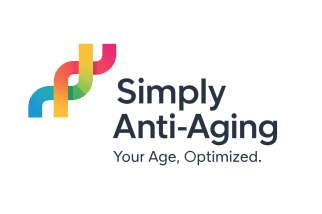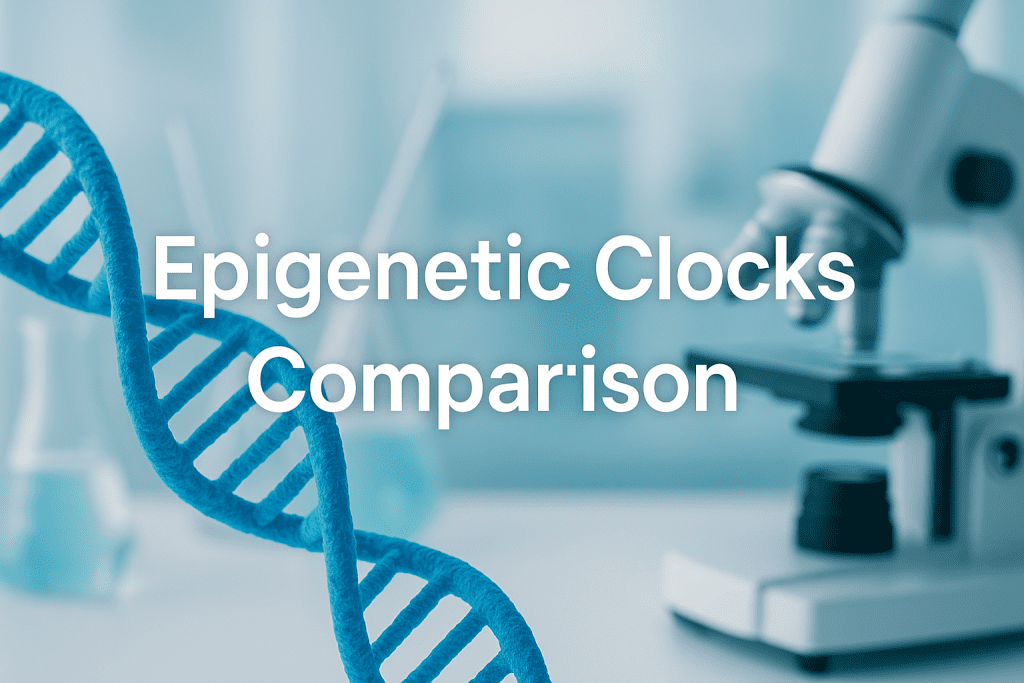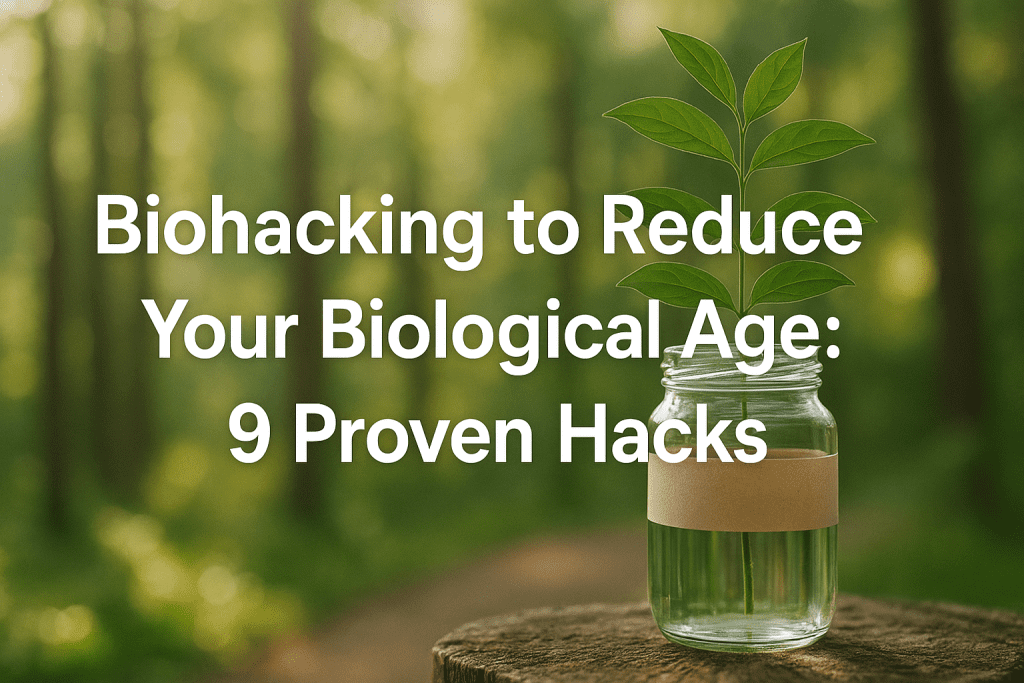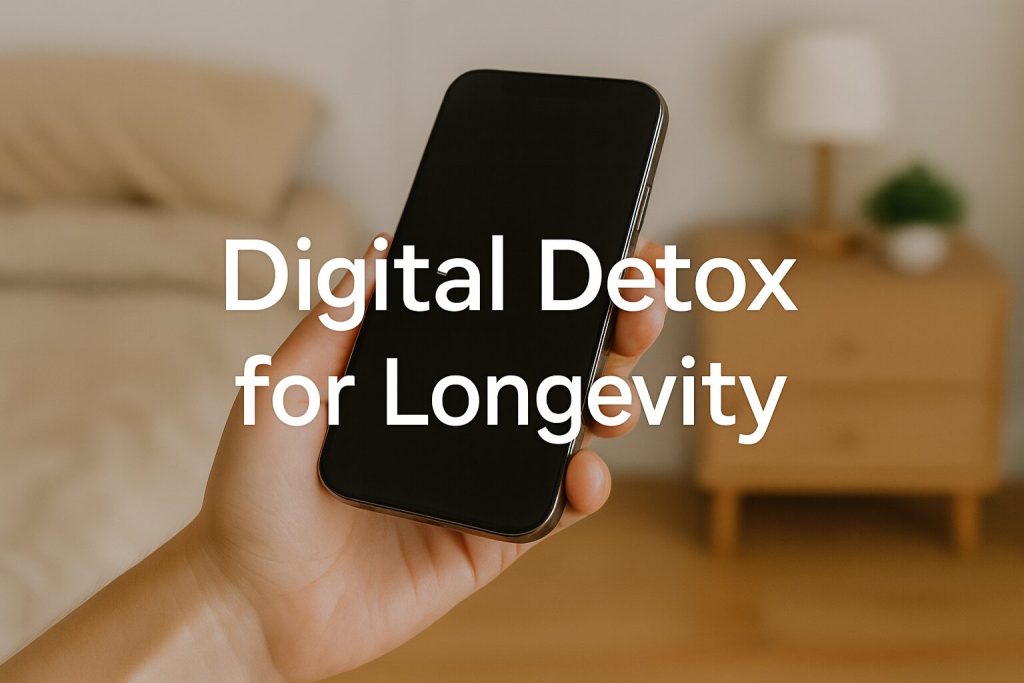
The average person spends 4–6 hours a day on their phone: over 1,500 hours a year. That equals two full months of your life, every year.
Across adulthood, that’s more than 8 years lost to a screen.
And it’s not just time. A University of Texas study found that just having your phone nearby lowers focus and memory. Even face down, even off.
If you feel anxious, restless, or always behind, it’s not just you. It’s your device hijacking your brain — and why a digital detox for longevity matters.
Table of Contents
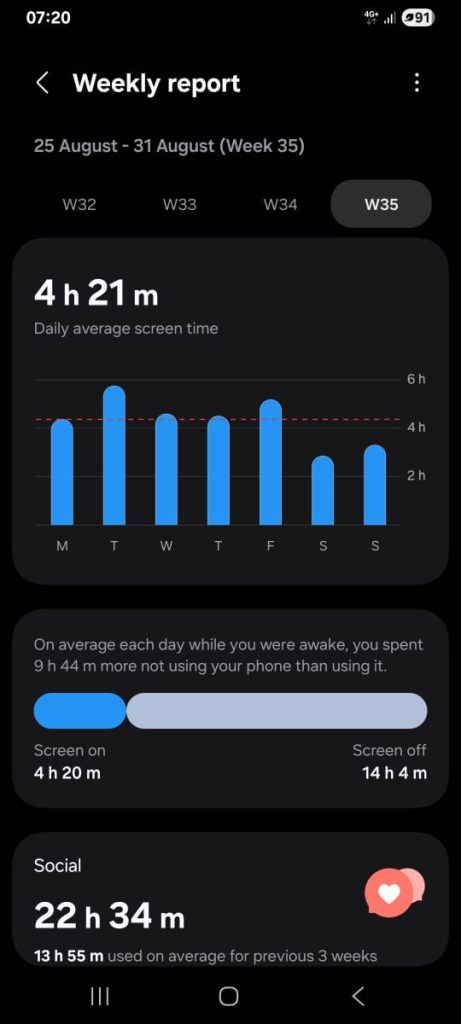
What is a digital detox for longevity?
A digital detox is a reset, not a goodbye to tech. Just a short break from screens to protect focus, lower stress, and even slow aging.
Too much screen time hijacks your brain, spikes cortisol, wrecks sleep, and speeds up biological aging.
Research now links heavy smartphone use to burnout, anxiety, and faster aging markers.
A detox gives your brain, hormones, and circadian rhythm room to breathe, so you can build healthier habits that last.
How much time do we really lose to our phones?
The average adult spends more than 1,500 hours a year on their phone, equal to two full months.
Stretch that across adulthood and you spend more than 8 years staring at a screen. That’s not just wasted time, it’s lost opportunity. Hours that could fuel recovery, exercise, sleep, learning, or real connection, all proven longevity boosters.
Even worse, research from the University of Texas shows that just having your phone nearby, even when off, reduces focus and memory. Your brain works in the background to resist distraction, draining your mental energy. So it’s not only about the hours scrolling, but also the hidden tax your brain pays for constant digital presence.
Why does screen time affect aging?
Because screens disrupt sleep, increase stress, and raise inflammation. all linked to faster aging.
Every late-night scroll delays melatonin, wrecking sleep, one of the strongest predictors of lifespan. Even mild deprivation hurts heart health and immunity, while blue light scrambles your circadian rhythm.
Chronic phone stress spikes cortisol, driving telomere shortening. Telomeres, protective DNA caps—shrink faster under stress, poor sleep, and inflammation. Shorter telomeres mean faster aging.
Your screen habits aren’t just about focus, they shape how long and how well you live.
How do you know if you need a digital detox?
If you feel restless without your phone or check it before getting out of bed, you need a reset.
Signs you need a detox:
📱 Checking your phone within 5 minutes of waking
⏳ Losing 20–30 minutes to “just one quick check”
😰 Feeling anxious when it’s out of reach
🌙 Bedtime scrolling and broken sleep
🔄 Refreshing apps when nothing’s new
These “small” habits trigger chronic stress loops. Your nervous system stays on alert, your focus breaks, and your sleep, memory, and immunity all take the hit, accelerating aging.
What does the science say about digital detox benefits?
Cutting phone use below two hours a day improves sleep, mood, and stress in just three weeks.
One study found that cutting smartphone use boosted well-being and sleep within weeks. Another showed that just having your phone nearby hurts memory and problem-solving.
Science now links screen stress directly to biological age. Inflammation, blue light, and poor sleep are all measurable with modern biological age tests. These kits reveal how phone habits can make you older at the cellular level than your actual years.
Your scrolling is not only stealing time. It may be stealing longevity too.
What is the 7-day digital detox plan for longevity?
It’s a structured week of small, progressive steps to reset your brain and body.
📊 Day 1 – Awareness
Track your screen time. Write down your daily hours and top three time-wasting apps. Ask yourself “why” every time you pick up your phone.
❌ Day 2 – App Diet
Delete at least one junk app. If deleting feels impossible, log out and bury it in a hidden folder. Turn off non-essential notifications.
⏳ Day 3 – First Fast
Block two hours where your phone stays in another room on airplane mode. Use that time for something nourishing like a walk 🚶, cooking 🍳, or journaling ✍️.
🛏️ Day 4 – Bedroom Ban
Buy a simple alarm clock ⏰ and charge your phone outside the bedroom. This one step can fix your sleep more than any supplement.
🍎 Day 5 – Replacement Meal
Replace screen scrolling with brain fuel. At night, read 10 pages 📖 instead of scrolling. At lunch, take a short walk 🚶 or listen to a podcast 🎧. Under stress, stretch 🧘 or call a friend 📞.
🗣️ Day 6 – Social Test
When with family or friends, leave your phone in the car 🚗 or bag 🎒. Watch how much richer real conversation feels without constant glances at a screen.
🔒 Day 7 – Future Rules
Write 2–3 rules to protect your brain long-term. Examples: no phone in bed, one phone-free block daily, social media only on desktop. Share these with someone for accountability 🤝.
By the end of the week, your focus improves, stress hormones settle, and sleep deepens. This is not just a mental win — these changes support cellular recovery and long-term health.
Can a digital detox really extend your healthspan?
Yes, by reducing stress, protecting sleep, and improving recovery, it helps slow biological aging.
Longevity science is clear: sleep, stress, and inflammation drive how fast you age. Screens disrupt all three.
Chronic stress speeds up telomere shortening, poor sleep blocks cell repair, and constant pings keep your nervous system on edge. A digital detox won’t stop aging, but it cuts the accelerators.
If you want proof, modern biological age tests show exactly how lifestyle choices like screen time change your cellular age.
What rules should you keep after a digital detox?
Protect your brain with 2–3 non-negotiables you follow every day.
Examples:
📵 No phone in the bedroom.
🕑 A daily two-hour phone-free block.
💻 Social media only on desktop.
These simple guardrails prevent old habits from sneaking back in. They also make space for healthier practices like better sleep, deeper focus, and real connection, all of which contribute to a longer, healthier life.
Created by SimplyAntiAging.com’s Editorial Research Team
Reviewed and updated for accuracy in January 2026.
